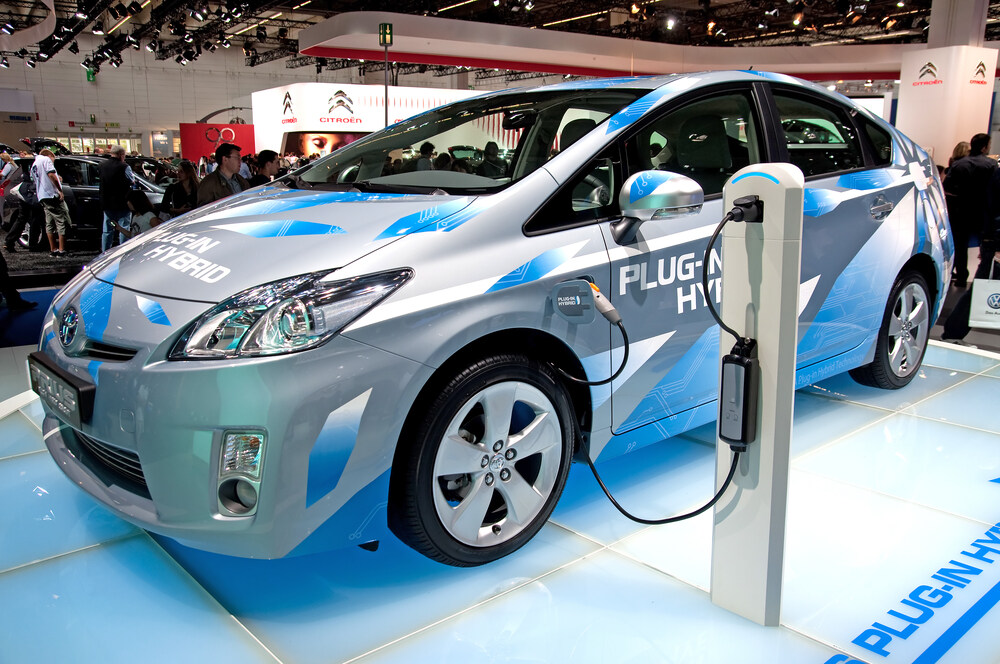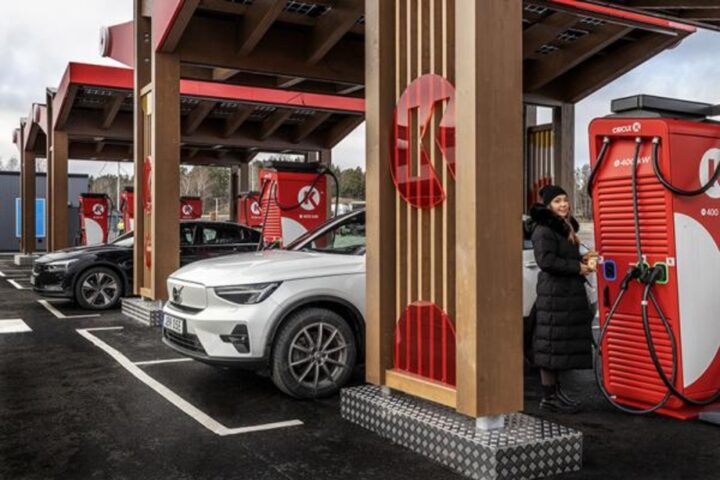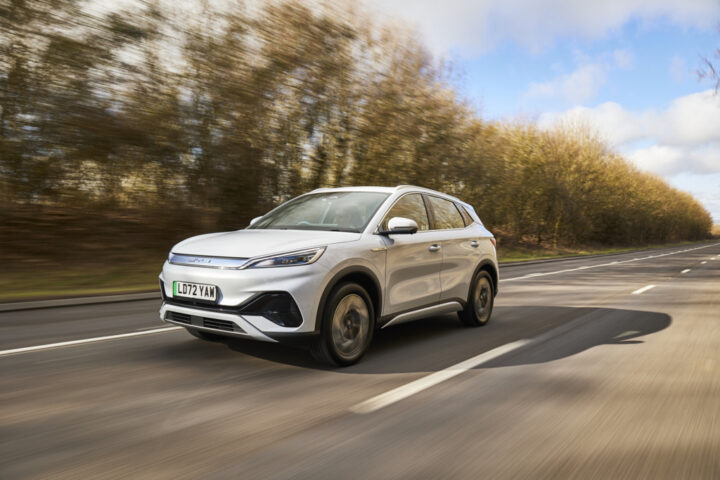Most electric car owners don’t know they could be breaking the law when charging at home. Running a charging cable from your house to your car – something thousands of EV owners do daily – could now result in a £70 fine or worse.
The trouble started in 2022 when the Highway Code changed its rules. Think about your typical evening routine: you come home, park on the street, and plug in your car to charge overnight. This common practice could now be illegal if your cable crosses the pavement.
“After using the charge point, you should return charging cables and connectors neatly to minimise the danger to pedestrians,” states the Highway Code’s Rule 239. Breaking this rule isn’t just about the £70 fine – it gets more serious. If someone trips on your cable and gets hurt, you could face a personal injury lawsuit.
For people living in towns and cities, this creates a real headache. Without a private driveway, how do you charge your car? Some clever owners have started using cable protectors – rubber mats that cover the cables and let people walk safely over them. While not perfect, it’s one way to keep charging while following the rules.
The fines get even steeper if your cable crosses a road – up to £1,000 in court. That’s because the Highways Act 1980 considers any wire or cable crossing a road as a potential danger to drivers and pedestrians.
Similar Posts
These rules affect more people every day as electric car sales increase. With the UK planning to stop selling new petrol and diesel cars by 2030, more families are switching to electric. But many find themselves caught between wanting to go green and having nowhere safe to charge.
The charging problem isn’t just a UK issue. In the United States, a recent pause on a $5 billion charging station program has left many areas struggling with too few chargers. When chargers are scarce, people get creative – sometimes leading to unsafe charging practices.
Some areas are trying new solutions. New Jersey wants to fine non-electric cars $50 or more for parking in charging spots. This addresses another common frustration – arriving at a charging station only to find it blocked by a petrol car.
For now, EV owners need to check their local council’s rules about charging cables. Some areas might have specific guidelines or approved ways to charge safely from home. Cable protectors, while an extra expense, cost far less than potential fines or lawsuits.
As more neighborhoods switch to electric cars, we’ll need better solutions. Underground charging points, more street chargers, and new safety technologies could help. Until then, EV owners must balance their charging needs with safety and local laws.


















